SS #54: Gainsaying Sayers
Dorothy Sayers invented and introduced the idea that the three elements of the trivium correspond to the three stages of development in school children. On this idea many classical schools, coops, and programs are founded.
But is it actually a classically sound idea? How does she describe and defend her position? The Scholé Sisters tackle the true place and meaning of the trivium in classical education in this episode.
In episode 49, Mystie, Brandy, and Pam discussed the essay, “The Lost Tools of Learning” and all the good points Dorothy Sayers made in it. Sayers made many good and needed points in the essay. However, an over-reliance on her opinions might be a shaky foundation for a complete, classical education.
Listen to the podcast:
TUNE IN:
Apple Podcasts | Spotify | Stitcher
The trivium as ages and stages
Today’s Hosts and Source
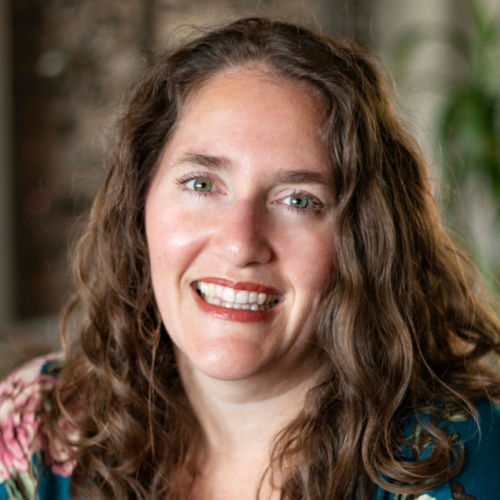
Brandy Vencel
is a homeschooling mom of four who has always listened to more Charlotte Mason than Dorothy Sayers on educational philosophy.
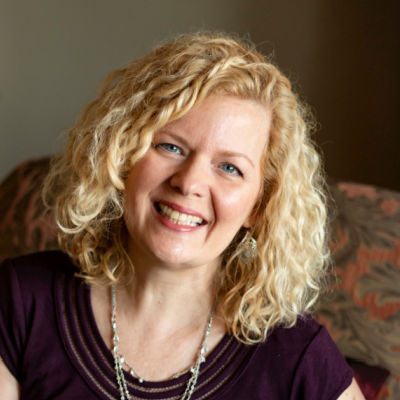
Pam Barnhill
is a homeschooling mom of three who has been in the classical education world and its conversations for over a decade, ever since being introduced to that world by Andrew Pudewa.

Mystie Winckler
is a homeschooling mom of five who started her own journey into classical education through reading Dorothy Sayers and Susan Wise Bauer years before she had kids.
Dorothy Sayers was an author and thinker. She was not an educator, but she was educated. Her essay “The Lost Tools of Learning” was delivered as a humorous, somewhat tongue-in-cheek address to educators, calling them to take seriously the tried-and-true methods of the late medieval period rather than rush onward with progressive educational theories.
“The whole of the Trivium was in fact intended to teach the pupil the proper use of the tools of learning, before he began to apply them to ‘subjects’ at all.”
Dorothy Sayers, “The Lost Tools of Learning“
Read “The Lost Tools of Learning” for free online.
Scholé Every Day: What We’re Reading
Hidden Figures, Margot Lee Shetterly
Pam enjoyed this non-fiction narrative about the Space Race as her airplane read to and from GHC.
Middlemarch, George Eliot
Mystie is listening to Middlemarch, as is her friend. It’s like a Jane Austen novel – until it isn’t, and it’s a great one to read and talk about with a friend.
Theology books
Brandy added 10 minutes of reading a theology work after her Bible reading in the morning, but she didn’t share any titles.
What is the trivium?
A close reading of Dorothy Sayers’ essay reveals that most of what we think of as “Sayers’ based” or neoclassical is derivative contemporary applications of some of her thought, not actually an education based on The Lost Tools of Learning.
The ages and stages model for classical education, where the trivium – the liberal arts of grammar, logic, and rhetoric, are correlated with child development comes from this essay. In her essay, Sayers uses the medieval trivium to draw an analogy to child development in order to hook her audience with the idea that classical education was still relevant and still applicable to modern concerns.
Her intent seems less on explaining how to study the trivium; instead, she wants to draw educators’ attention to the tried-and-true paths of medieval education, not as a way of turning back the clock, but actually as a better way to stay relevant.
What is education with the trivium?
Quintilian and Cicero, ancient Romans, mention the liberal arts and make them part of their program of study.
Cassiodorus, a late Roman, in his instruction for setting up schools, is clear that the trivium – grammar, logic, and rhetoric – are subjects, areas of study. The trivium is given mostly as particular information to master.
Hugh of St. Victor, an early medieval, does call the trivium tools of learning. So Dorothy Sayers did not make that part up.
So we see that the Greek liberal arts, particularly grammar, logic, and rhetoric, were kept and not rejected in Christendom, but they were also developed and made more relevant to their new context. So perhaps Dorothy Sayers also stretching the analogy as she does is not without precedent.
Is the trivium a formula for education?
Dorothy Sayers, in relating the trivium to particular developmental stages in children, never limits grammar, logic, and rhetoric to the scope and sequence for elementary, middle school, and high school.
However, a simplified understanding where grammar means “grammar stage” and logic means “logic stage,” is a misreading or misunderstanding of Dorothy Sayers’s essay.
The temptation is to turn her insight into a formulaic program that systematizes the life and even the insight itself right out of the education given.
Dorothy Sayers did not write a philosophy of education
The Lost Tools of Learning is a speech given to a room of probably progressive educators, asking them to give classical education a fair hearing, a fair reading, as being the solution to the problem modern students face.
The essay is not a philosophy of education. In the essay, Sayers does not say anything about the purpose of man, the definition of education, nor does she spell out actual methodologies.
To take this essay as the primary document upon which to found an education is to misuse the essay entirely. Sayers’ intent is to prompt her listeners and readers to read the medieval educators and form an education based on medieval sources, not on her brief essay.
We’re actually ignoring her if we stop at reading this essay and think we have enough to go on to give a classical education.
The trivium as classical education
Even if Sayers’ insight is true – and we believe it is – it ought not be treated as a distinctive of classical education because it is not. It is a modern insight and application, but not essential to the project of classical education. An ages and stages application of the trivium or arrangement of the subjects of the trivium is not the defining characteristic of classical education. Rather, it is one idiosyncratic modern implementation.
Classical education is about forming a person and preparing that person to study philosophy and attain to wisdom. You can do that with or without an ages and stages understanding of the trivium. Many, many educators did for hundreds of years before Dorothy Sayers.
Classical education actually speaks to a particular purpose for education and in that sense is opposed to progressive education. Progressive education seeks to prepare students to earn a living. Classical education seeks to prepare students to seek and find wisdom.
You can have an ages and stages methodology, but if you’re doing it so that your kids get high test scores and white-collar jobs, you are actually a progressive educator.
The trivium, especially Dorothy Sayers’ insight about the trivium, is not the litmus test for classical education.
Mentioned in the Episode
Listen to related episodes:
SS #97: Men Without Chests
SS #89: Dorothy Sayers’ Latin Lament
SS #72: The Grammar of Grammar (with Kevin Clark!)
SS #60: History as a Center Cannot Hold (with Angelina Stanford!)

Want to talk about the ideas presented here? The conversation is happening inside Sistership.
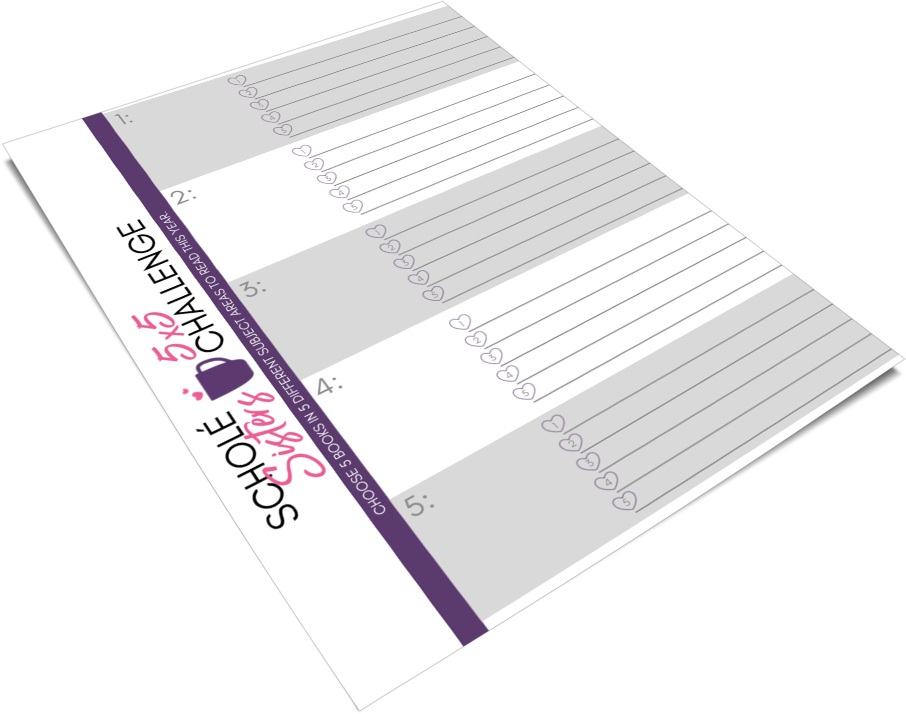
Read widely with us this year.
Podcast: Play in new window | Download



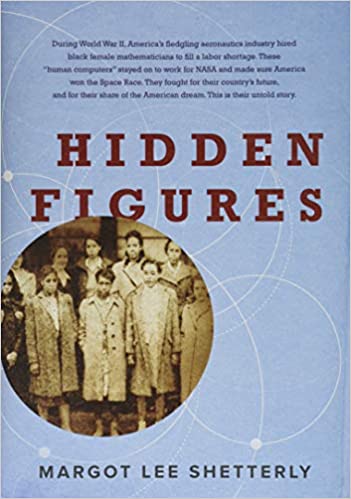


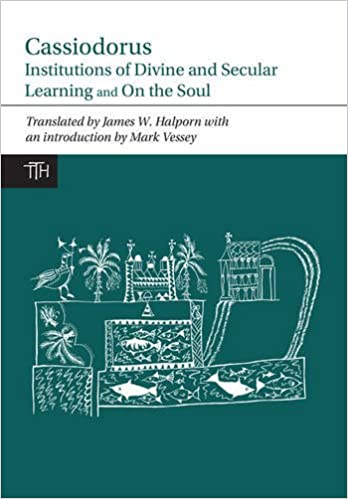
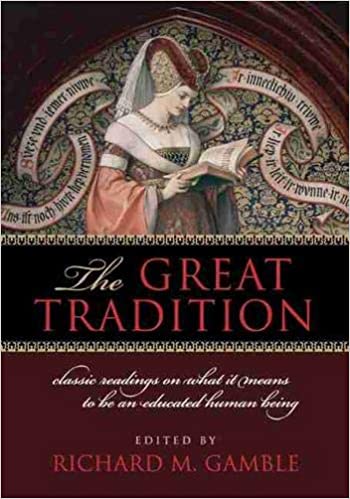

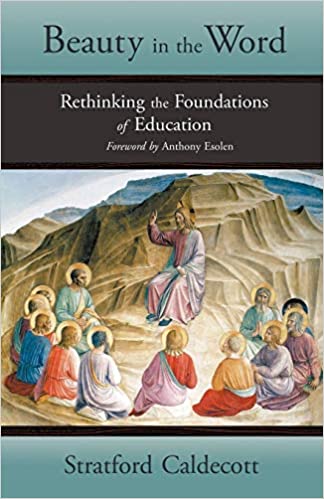
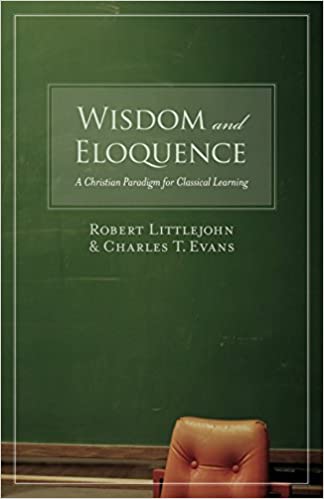
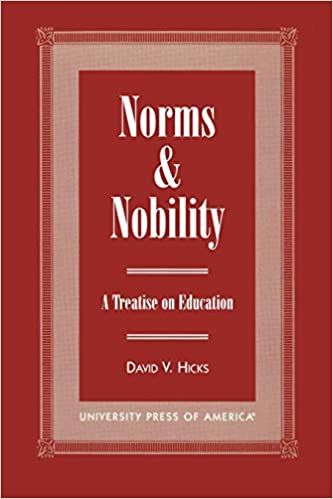
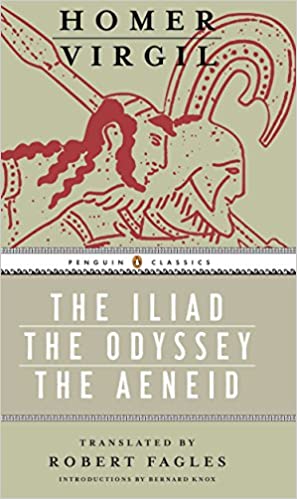
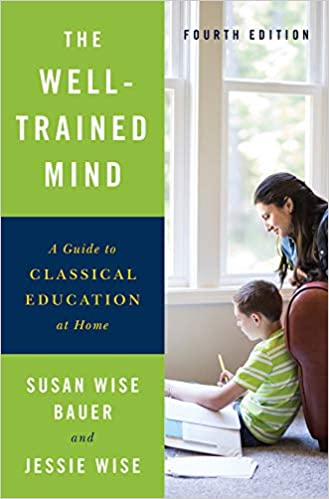

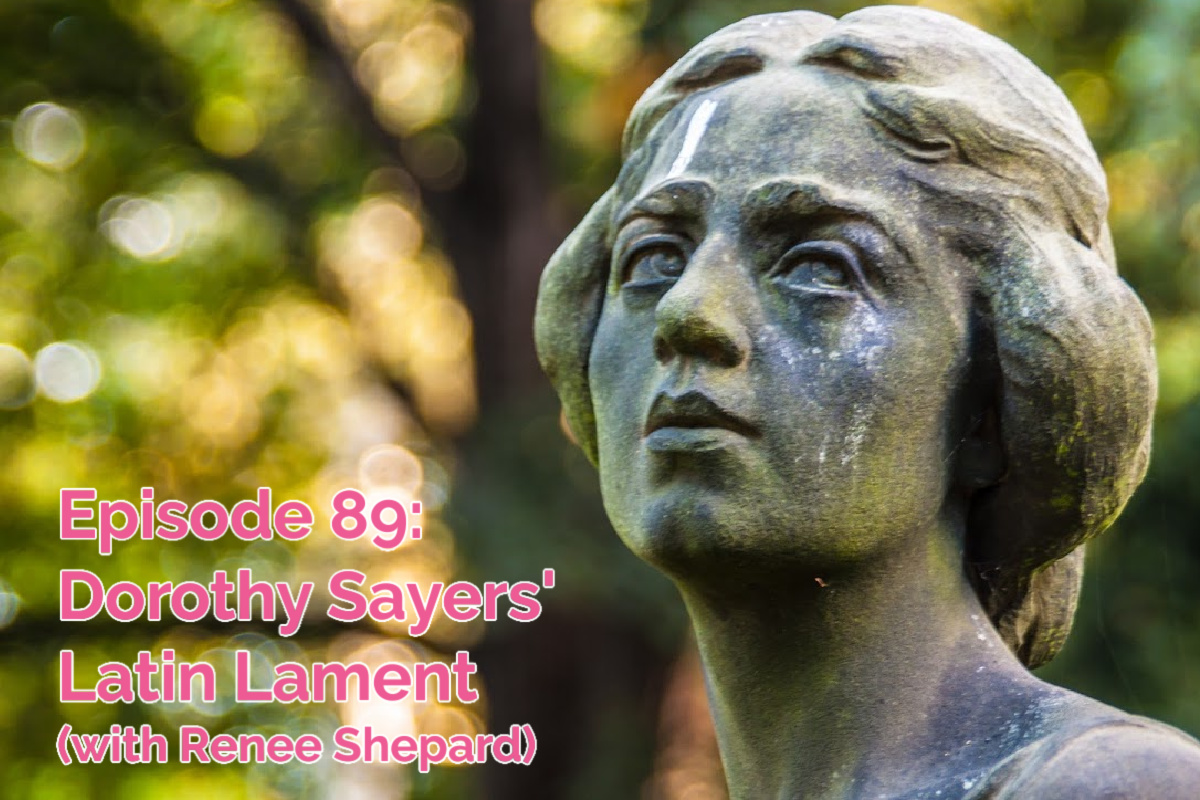
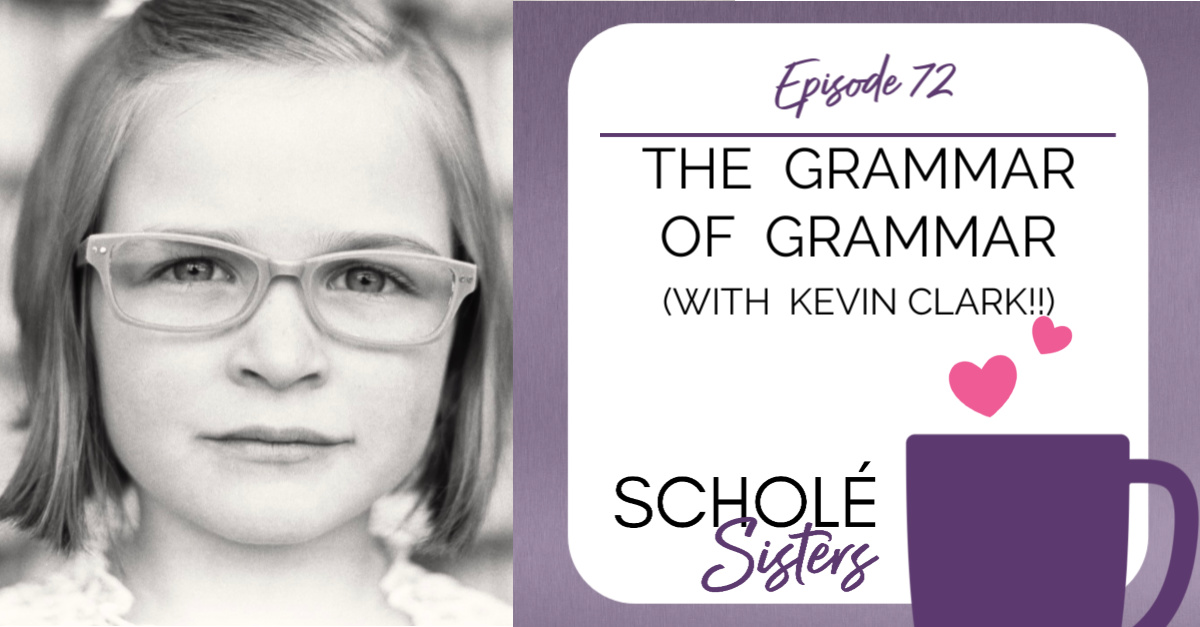
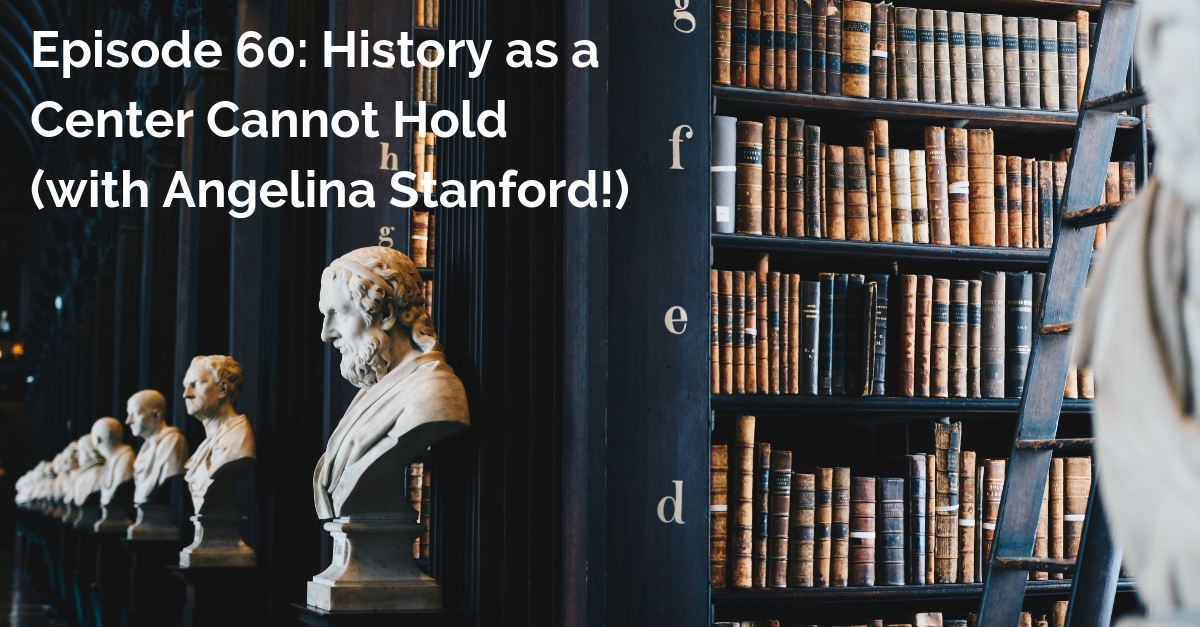

What theology books??? I love theology! Enjoying a book by Martyn Lloyd-Jones about Biblical doctrine right now.
Ooh! Lloyd-Jones! Good choice!
Right now I’m mostly reading GK Beale’s The Temple and the Church’s Mission.
Can we see a pic of “the tree”?
Hi all, I’m not finished listening to the podcast but I think Cassiodorus comes up with 7 categories for secular learning but he has more than 9 subjects/categories. Cassiodorus has a few extra topics at the end of Institutions Book 1 Divine Learning after his accepted councils (theology), scripture and commentary recommendations. He brings up vocational tools to help with caring for those in need in Chapter 28 & 29 which is a Christian vocation. He mentions writers on gardening (herbs & health), beekeeping, fish farming and raising doves and when considering the placement of a monastery there is the need for clean water nearby and baths for afflictions. He also mentions several Medical writers in chapter 31 (p.165) before the end of Book 1 he mentions the sacrament of the Lord’s Supper and Prayer. His organization suggests that medicine is part of divine learning, perhaps because Jesus healed people during his early ministry? He doesn’t say and these topics seem like an appendix after the many chapters of commentary about commentators. I don’t think they are an after thought [the Introduction p60-63 sees these last chapters as a bridge to book 2].
It’s probably time for me to actually read the introduction. I find it funny that the intro is 1/3 of the book. I hope you all have a great summer.
I would like to see a picture of the tree too!
Sorry this took me so long. The tree image is copyrighted and appears in The Liberal Arts Tradition. However, Adam Lockridge, the man behind the tree, wrote an article for my blog, and gave me permission to use the tree image there. You can click here to see his post.
I just finished listening to this episode and wanted to add this to your discussion about when Sayers thought Latin study should commence. If you read Sayers’ The Greatest Single Defect of My Own Latin Education, she states that her father began teaching her Latin at the age of 7, and later in the essay suggests that that is a good age to begin: “I am convinced that the age at which I began was the right one. An acquaintance of mine whose boy is just starting life at a grammar school tells me that the boys there do not begin Latin till they are eleven. I am sure that this is too late.”
I have been catching up on some back episodes that I missed, and I want to thank you so much for doing this series on Sayers! I began homeschooling in the late 90s. I wish this information would have been available then! I was drawn to Charlotte Mason’s philosophies, but totally dismissed Classical Education based on misinformation. Mainly regarding the ages and stages, but there was also no connection to wisdom and virtue at all. What a surprise to uncover the truth years later!